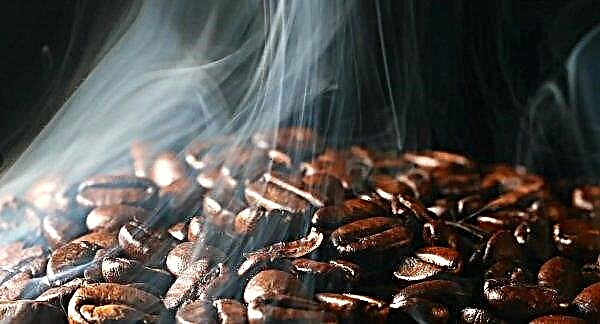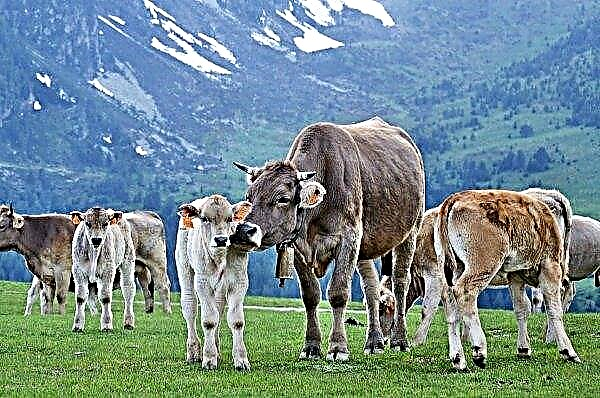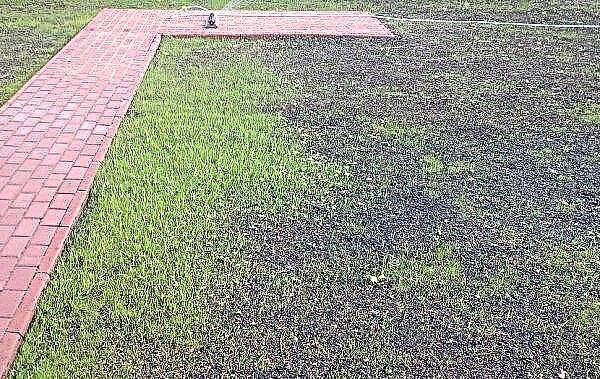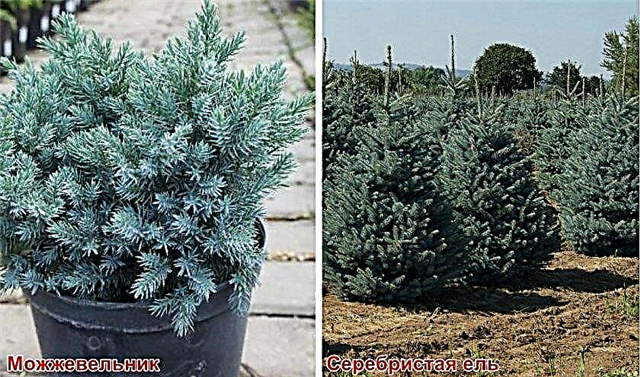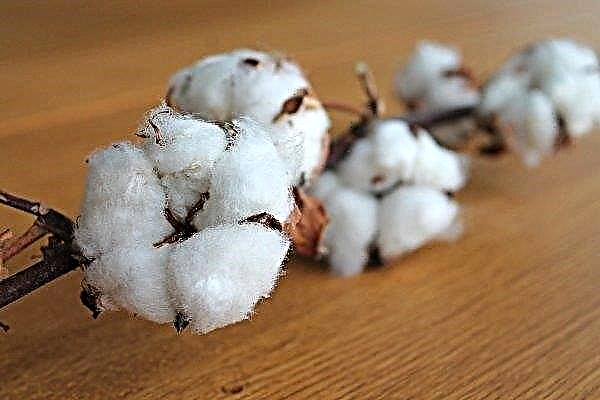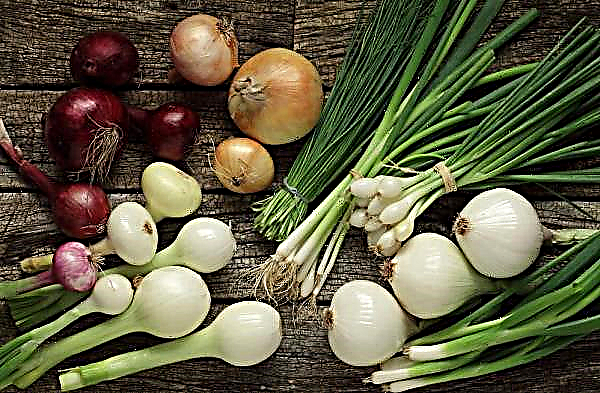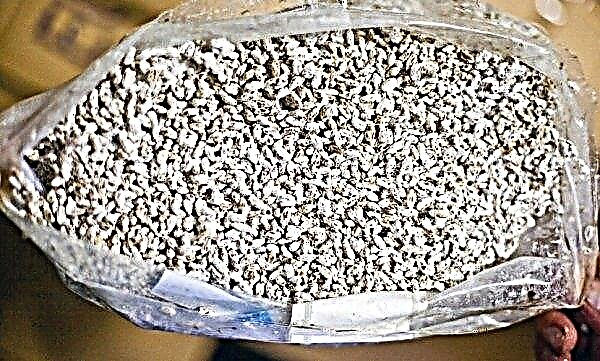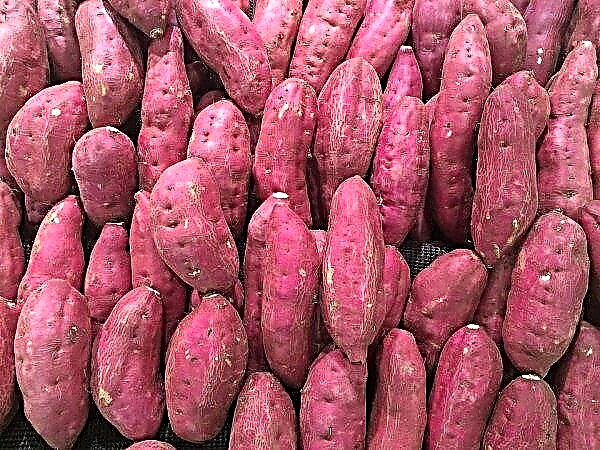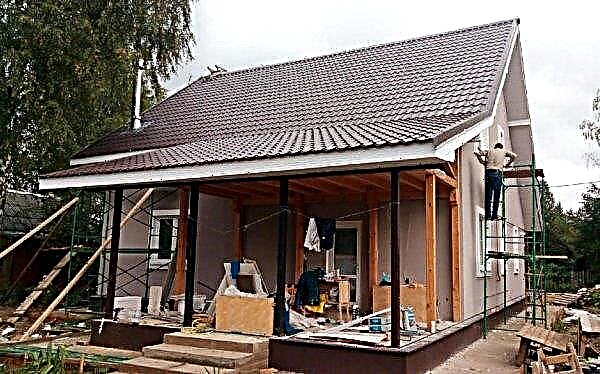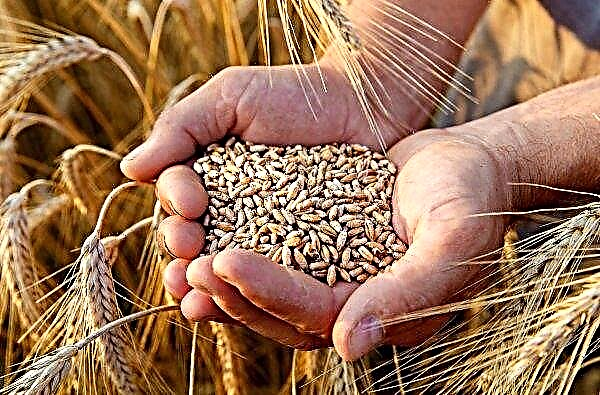The Greek peasant, cultivating his own fields 150 kilometers from Athens, was amazed when he saw a fragment of an antique sculpture under a layer of earth.
Having called archaeologists to the place of discovery, the farmer was surprised to see how experts get three more sculptures from under several layers of soil. As it turned out, hundreds of years ago, in the place where the peasants are cultivating today, the ancient Greeks organized seven graves.
 According to the Greek Ministry of Culture, the statues found are sculptures of young, athletically built young men. Archaeologists emphasize that the discovered sculptures are also called kuros.
According to the Greek Ministry of Culture, the statues found are sculptures of young, athletically built young men. Archaeologists emphasize that the discovered sculptures are also called kuros.
According to researchers, these graves can be part of a large-scale cemetery, which was broken here during the archaic period. Excavations on the Greek farmer's field began in mid-October 2018 and continue to this day. “And this is only the beginning,” historians assure. It is noteworthy that a few weeks ago there, in sunny Greece, another tomb was discovered on the land of another farmer. According to archaeologists, this artifact can be safely attributed to the late Minoan period.
“I live in Kentry, this is in Crete,” the peasant admitted to reporters. - Once I parked my car in an olive grove planted around my house. And suddenly I realized that under my feet the ground was beginning to sag. Soon a funnel a little more than a meter deep appeared. Looking into it, I realized that under my grove is hidden something truly ancient and majestic. "
Expanding the recess, archaeologists called by the farmer discovered two burials.
“There were two coffins made of clay,” the researchers say. “Both of them are very small, and the bodies of men found in them were in the so-called embryo position.”
Archaeologists do not exclude that both deceased were rich nobles during their lifetime - this is evidenced by the quality of the coffins and utensils found near the graves - ceramic pots, other utensils and jewelry.
Excavations continue at the location of both finds - in Kentry, near Athens.

